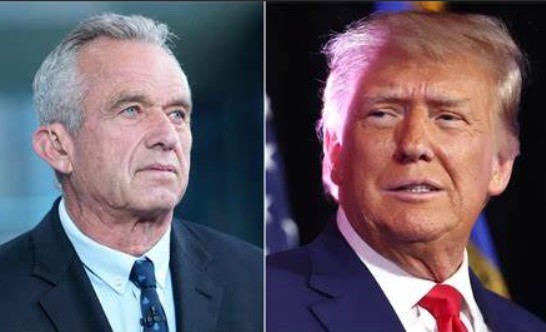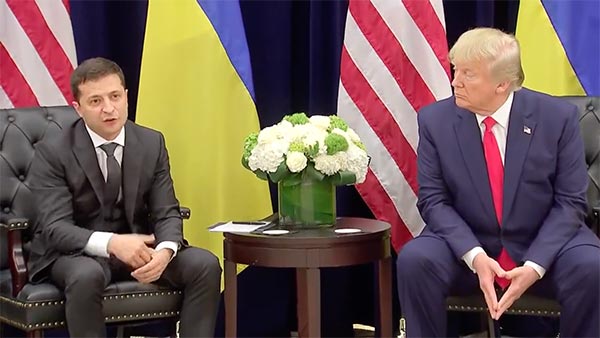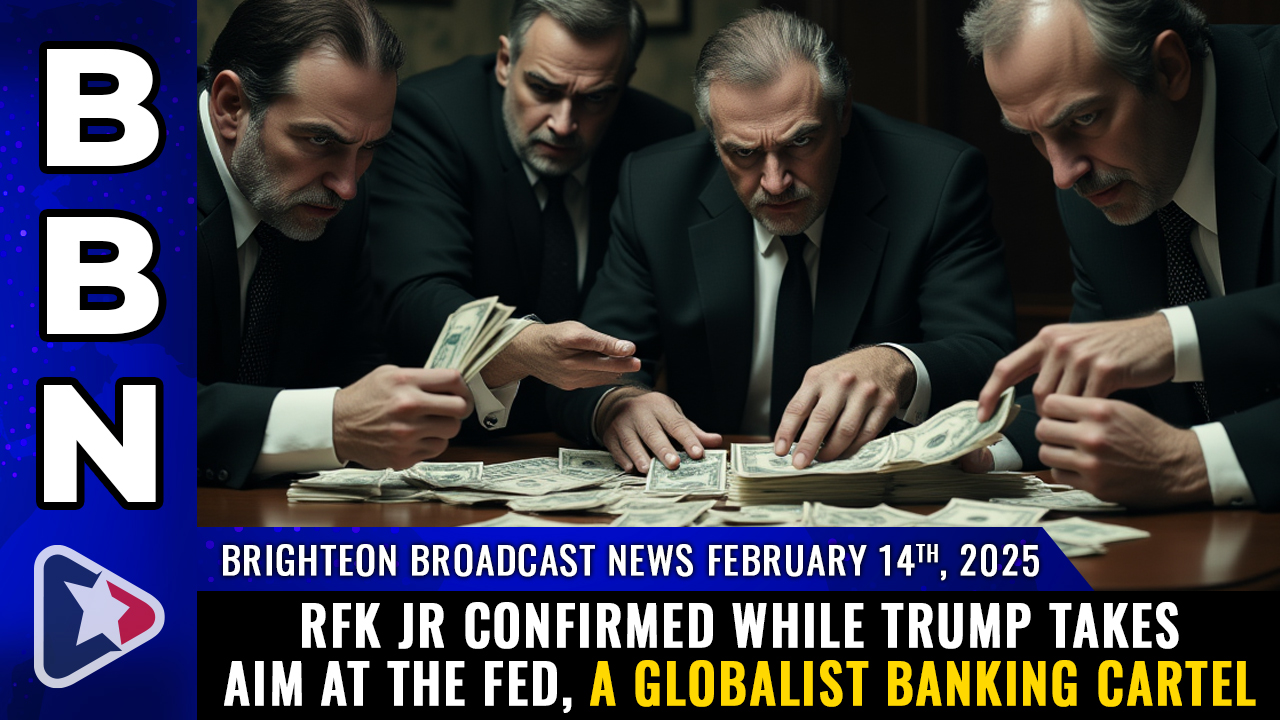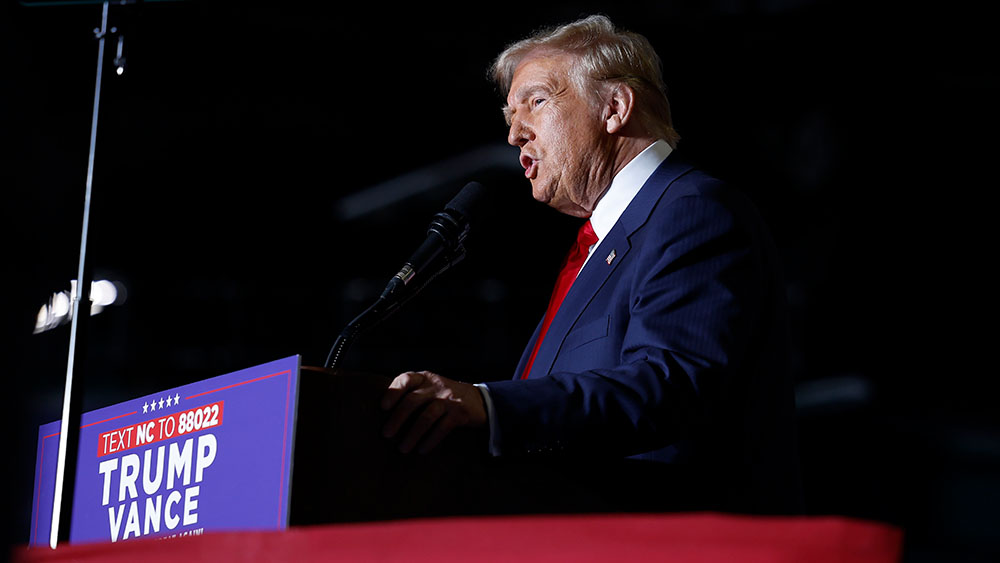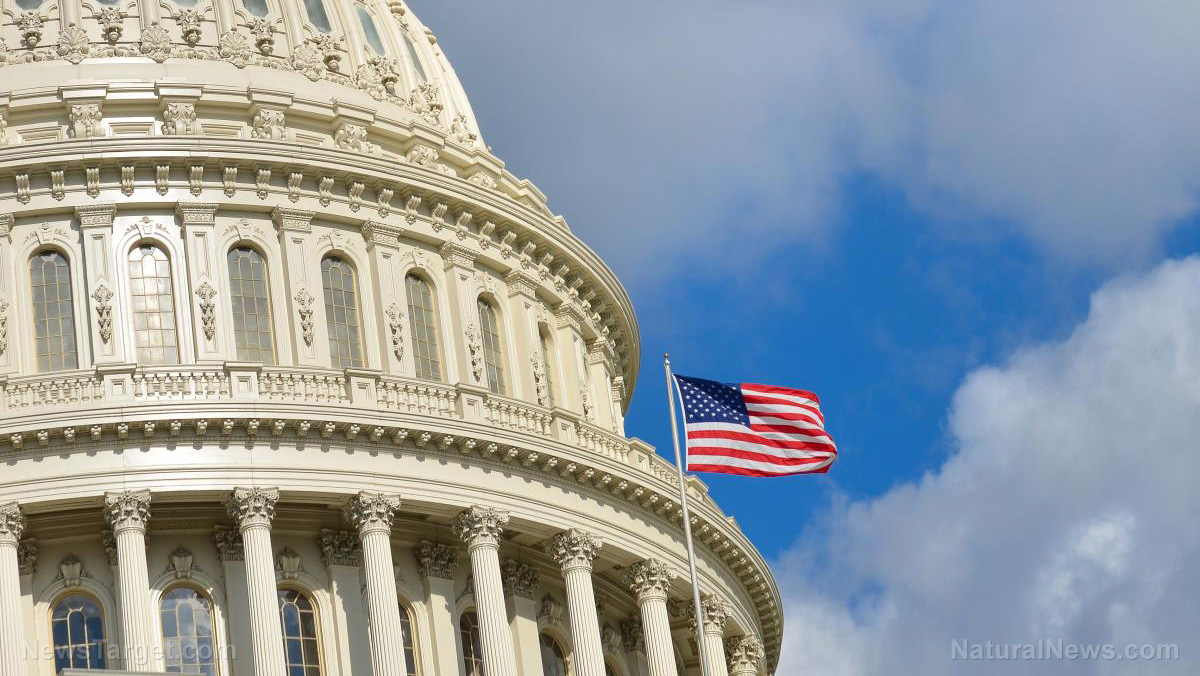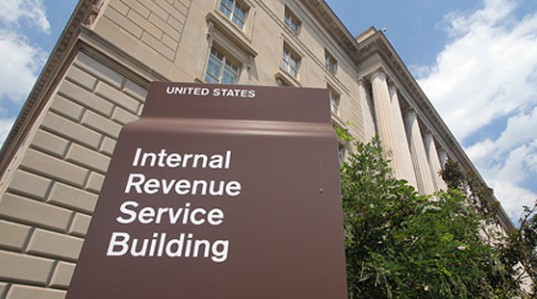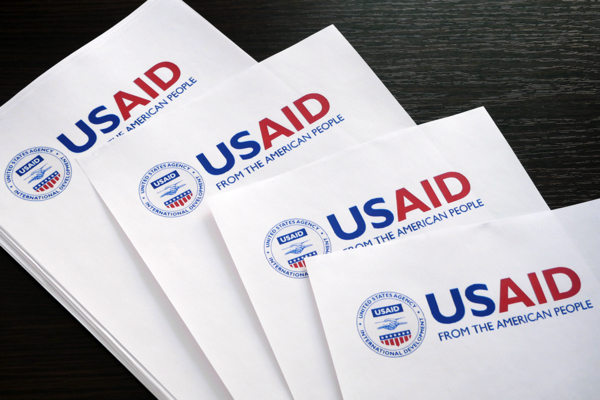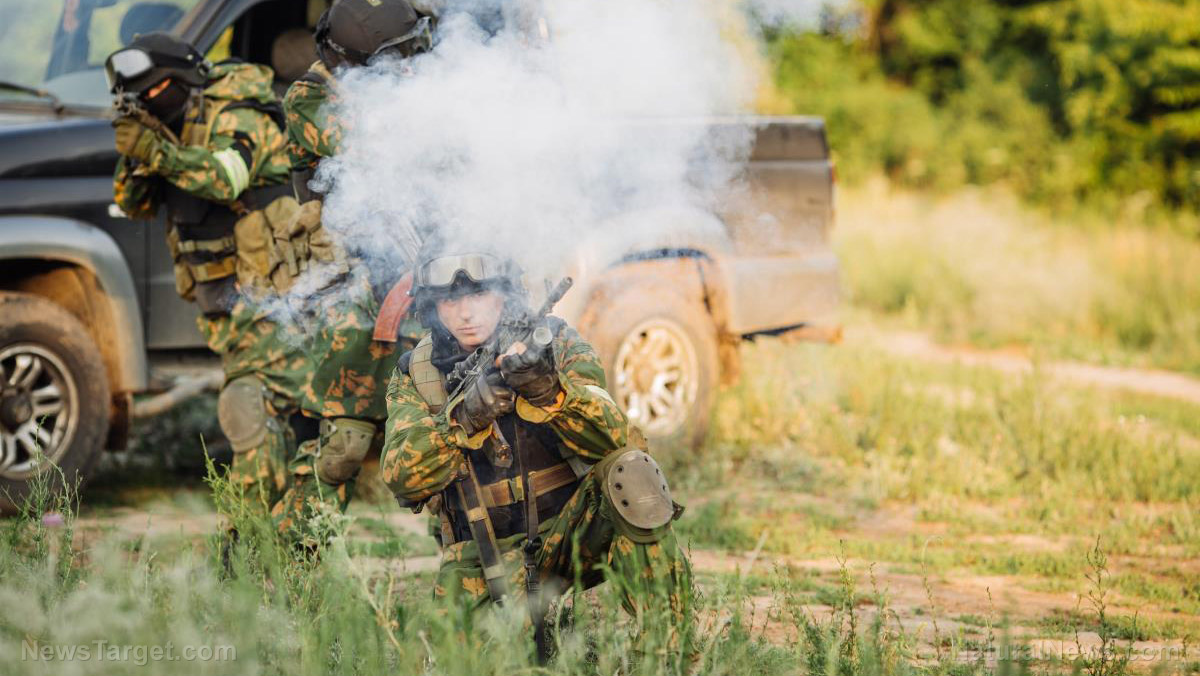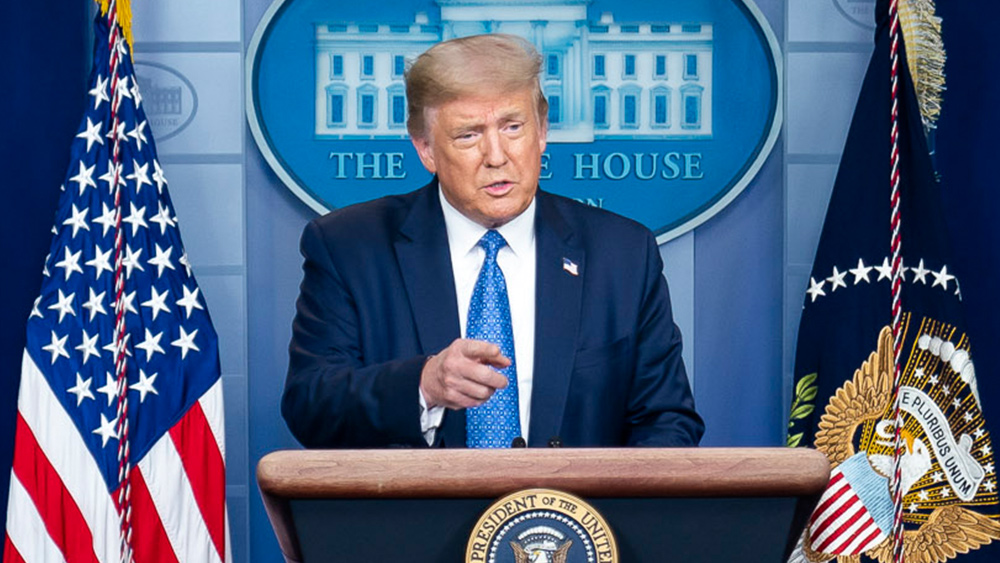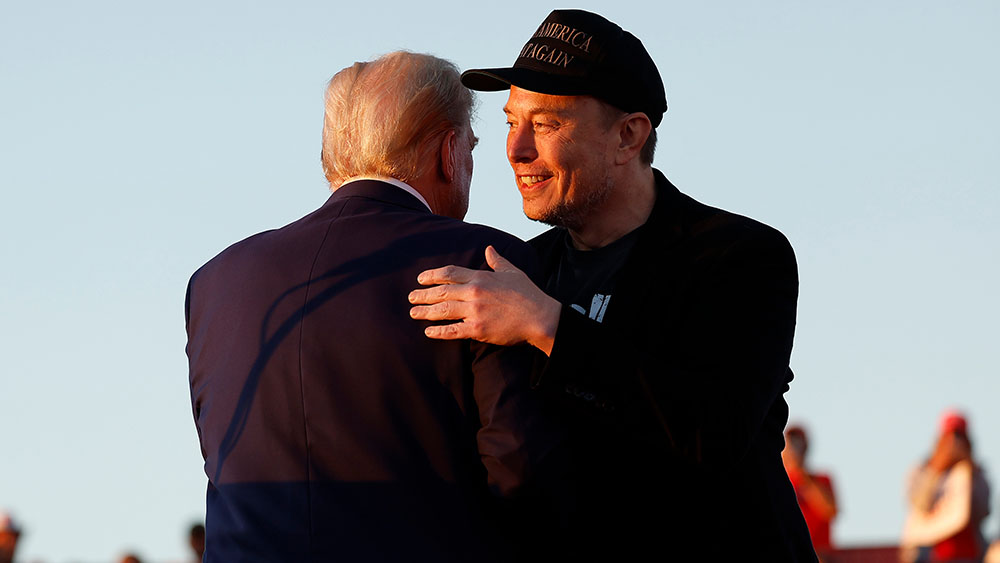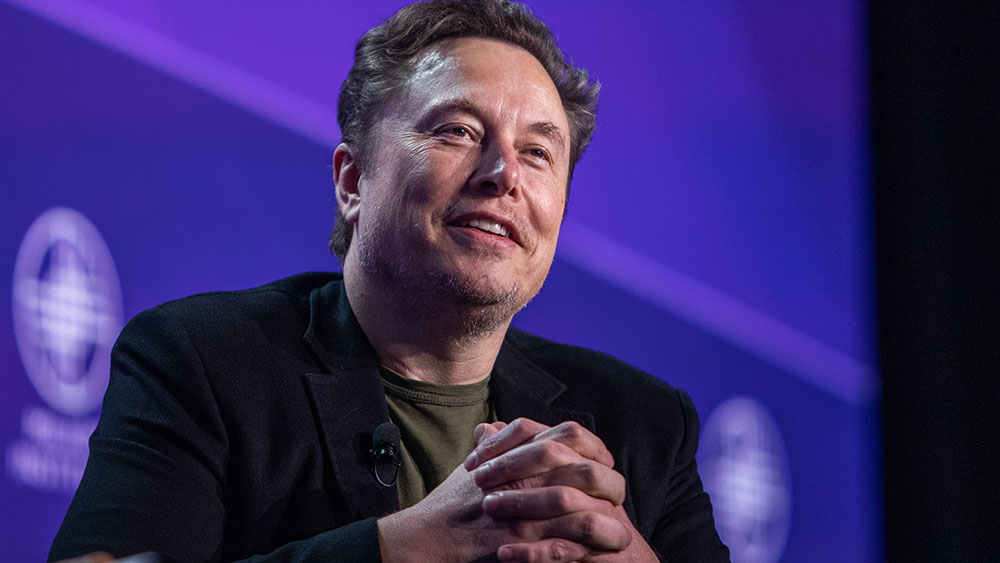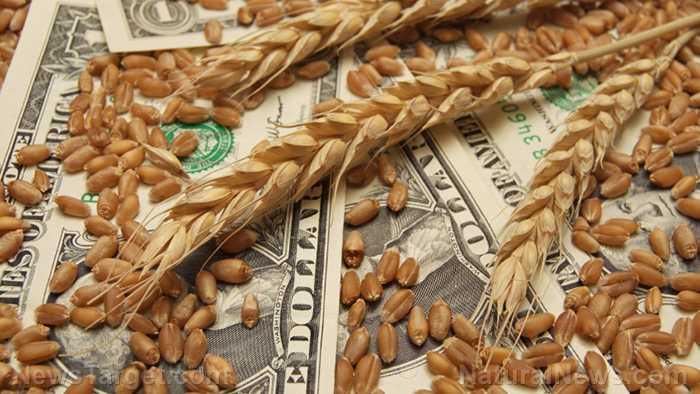Bitcoin goes global: Nations eye strategic reserves as Trump pushes crypto revolution
01/22/2025 / By Willow Tohi

- The 2025 World Economic Forum in Davos has become the epicenter of a global financial revolution, with finance ministers seriously considering Bitcoin as a strategic reserve asset.
- The Trump administration’s support for Bitcoin, including the proposal of a U.S. Strategic Bitcoin Reserve, has significantly influenced this shift, moving from skepticism to advocacy.
- The U.S. and Switzerland’s moves have sparked a global trend, with countries like Germany, Hong Kong, Russia, Brazil and Poland exploring Bitcoin as a strategic asset, driven by the fear of missing out.
- Bitcoin’s adoption represents a broader cultural and geopolitical shift, symbolizing financial independence and challenging traditional systems, particularly for authoritarian regimes.
- The push for Bitcoin reserves could trigger a global crypto arms race, with nations competing to secure a strategic advantage, highlighting the increasing influence of cryptocurrencies in the global economic order.
In a stunning turn of events, the 2025 World Economic Forum in Davos, Switzerland, has become the epicenter of a global financial revolution. Finance ministers from around the world are now seriously considering the adoption of Bitcoin as a strategic reserve asset, a move once dismissed as a fringe idea. This seismic shift is being driven, in large part, by the United States’ own exploration of Bitcoin reserves under the leadership of newly re-elected President Donald Trump.
Coinbase CEO Brian Armstrong, a key figure in the crypto industry, revealed the growing momentum during a panel discussion at Davos. “The energy was palpable throughout the room,” Armstrong said, describing the atmosphere as a “new dawn for crypto.” He emphasized that the U.S. government’s openness to Bitcoin has inspired other nations to follow suit, marking a dramatic reversal from the regulatory hostility of previous administrations.
The Trump effect: A new era for Bitcoin
The Trump administration’s embrace of Bitcoin as a strategic asset has sent shockwaves through the global financial system. Once a skeptic, Trump has become a vocal advocate for Bitcoin, proposing the creation of a U.S. Strategic Bitcoin Reserve (SBR) to hedge against inflation and a weakening dollar. This bold initiative has sparked intense debate in Congress, with supporters like Senator Cynthia Lummis arguing that Bitcoin’s finite supply makes it an ideal addition to national reserves.
The U.S. is not alone in this endeavor. Switzerland, known for its financial innovation and neutrality, is also contemplating adding Bitcoin to its reserves. The Swiss National Bank is considering a public referendum to make Switzerland the first nation to officially hold Bitcoin as a reserve asset. This move aligns with the country’s ethos of financial independence and could set a precedent for other nations.
The domino effect: A global crypto arms race
As one country adopts Bitcoin, others are feeling the pressure to follow suit. The fear of missing out (FOMO) is not just a phenomenon for retail investors—it’s now a powerful force among governments. Countries that fail to act risk being sidelined in a rapidly transforming global financial system.
Germany, Hong Kong, Russia, Brazil and Poland are among the nations exploring Bitcoin as a strategic asset. In Germany, former Finance Minister Christian Lindner has suggested that the European Central Bank consider Bitcoin to reduce reliance on the U.S. dollar. Hong Kong legislator Wu Jiezhuang has advocated for integrating Bitcoin into the city’s financial reserves, arguing that it could enhance economic resilience and stability.
Russia, meanwhile, has already begun using Bitcoin for international transactions as part of its strategy to bypass Western sanctions. Finance Minister Anton Siluanov confirmed that Russian companies are utilizing domestically mined Bitcoin for foreign trade, with President Vladimir Putin voicing support for digital currencies as alternatives to the traditional dollar-based system.
In South America, Brazil has introduced the sovereign strategic Bitcoin reserve, known as RESBit, aiming to diversify its national reserves and position itself as a leader in financial innovation. Poland is also considering establishing a Bitcoin reserve, with presidential candidate S?awomir Mentzen proposing favorable regulations and low taxes to transform the country into a digital finance hub.
Bitcoin: More than an asset
Bitcoin’s rise as a strategic reserve asset is about more than economics—it’s a cultural and geopolitical shift. As a symbol of freedom and decentralization, Bitcoin challenges traditional financial systems and even authoritarian regimes. Its adoption by nations demonstrates a commitment to innovation and independence, offering a hedge against inflation, debt crises and the erosion of sovereignty.
The Trump administration’s push for a Bitcoin reserve is not without controversy. Critics, including Federal Reserve Chair Jerome Powell, warn that widespread adoption of Bitcoin could undermine confidence in the U.S. dollar and destabilize the global financial system. However, advocates argue that Bitcoin’s finite supply and global liquidity make it an ideal store of value, akin to digital gold.
The future of global finance
The world is witnessing a fundamental shift in the global economic order. The rise of cryptocurrencies, coupled with the growing influence of emerging economies like the BRICS nations, is challenging the dominance of the U.S. dollar and reshaping the geopolitical landscape.
Trump’s proposal for a Bitcoin reserve could trigger a global crypto arms race, with nations rushing to bolster their reserves and secure a strategic advantage. This shift underscores the growing role of private money in the world economy and the increasing power of private actors in shaping public policy.
For governments hesitating to embrace Bitcoin, the message is clear: adapt or risk being left behind in a world where Bitcoin sets the rules. As the global financial system evolves, Bitcoin’s role as a strategic reserve asset is no longer a question of “if” but “how much.” The game is on, and the stakes have never been higher.
Sources include:
Submit a correction >>
Tagged Under:
big government, bitcoin, bitcoin reserves, crypto industry, currency clash, dollar demise, Donald Trump, finance riot, Globalism, money supply, risk, robot economy, strategic reserves, Trump, Trump administration
This article may contain statements that reflect the opinion of the author
RECENT NEWS & ARTICLES
Trump.News is a fact-based public education website published by Trump News Features, LLC.
All content copyright © 2018 by Trump News Features, LLC.
Contact Us with Tips or Corrections
All trademarks, registered trademarks and servicemarks mentioned on this site are the property of their respective owners.

